experience (n.) 1 late 14c., “observation as the source of knowledge; actual observation; an event which has affected one,” from Old French esperience “experiment, proof, experience” (13c.), from Latin experientia “a trial, proof, experiment; knowledge gained by repeated trials,” from experientem (nominative experiens) “experienced, enterprising, active, industrious,” present participle of experiri “to try, test,” from ex “out of” (see ex-) + peritus “experienced, tested,” from PIE *per-yo-, suffixed form of root *per- (3) “to try, risk.” Meaning “state of having done something and gotten handy at it” is from late 15c.
Experience is often said to be the best teacher, but if you don’t evaluate your experience, you will have only knowledge but not wisdom, age but not insight. Evaluated experience is the best teacher; reflecting on what you have gone through gives you wisdom, insight, understanding and discernment. Poet Archibald MacLeish observed, “There’s only one thing more painful than learning from experience, and that is not learning from experience.” Instead of having ten years of experience, unevaluated experience means you have one year of experience ten times.
“There’s only one thing more painful than learning from experience, and that is not learning from experience.” – Archibald MacLeish
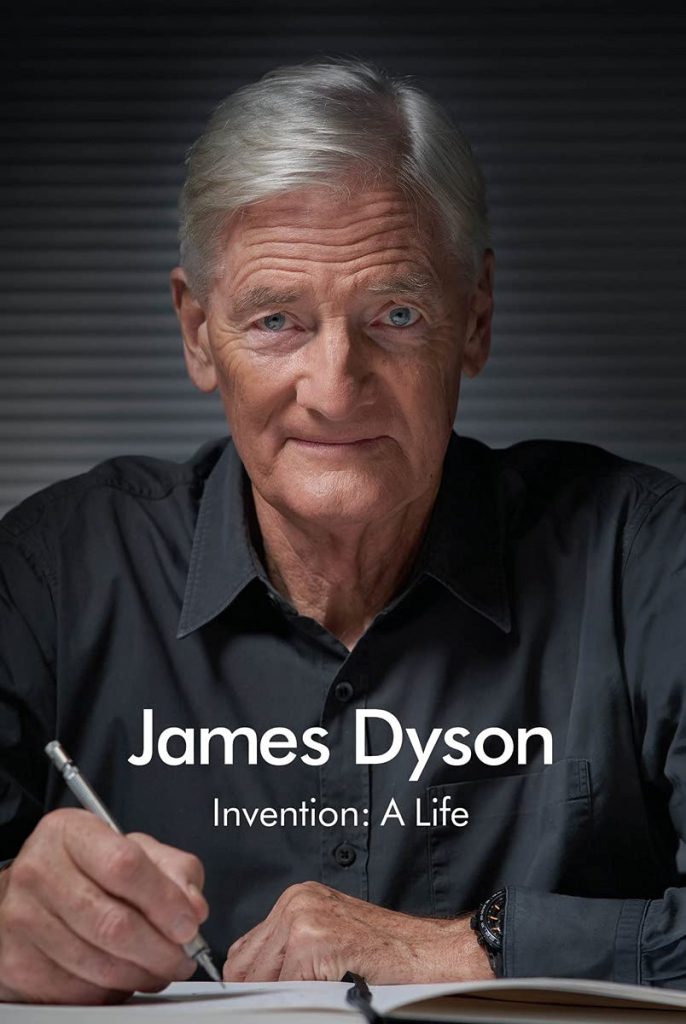
In his author autobiography, In Invention: A Life, Dyson 2, British Entrepreneur, inventor and industrial designer James Dyson observed that “Experience is not the best teacher; it is the ability to maintain that curiosity that matters.” He writes about visceral experience, how the Dyson corporation does not value experience as it is not the best teacher.
I was naïve and eager to learn all that as I progressed. It was a steep learning curve, though, and still is. Everything changes all the time, so experience is of little use. I didn’t know that at the time and assumed that it would become easier with experience. It must be encouraging for those just graduating to know that is not the case. Fifty-two years later I can assure my graduates that I am no better for my experience.
Everything changes all the time, so experience is of little use.
At Dyson, we don’t particularly value experience. Experience tells you what you ought to do and what you’d do best to avoid. It tells you how things should be done when we are much more interested in how things shouldn’t be done. If you want to pioneer and invent new technology you need to step into the unknown and, in that realm, experience can be a hindrance.
Experience tells you what you ought to do and what you’d do best to avoid. It tells you how things should be done when we are much more interested in how things shouldn’t be done.
The Power of Visceral Experience
“I have good reason to be grateful to my mother for introducing me to all these home chores. She taught me to sew, knit, make rugs and cook. My father had taught me to sail. I watched him do carpentry. I taught myself to make model aeroplanes, to start their engines, fly them and to repair my bicycle. Doing things with my hands, often as an autodidact and with an almost total absence of fear, became second nature. Learning by making things was as important as learning by the academic route. Visceral experience is a powerful teacher. Perhaps we should pay more attention to this form of learning. Not everyone learns in the same way.”
We need the visceral experience of trying something out to understand and to be convinced that we are doing this the right way for us. Learning by trial and error, or experimentation, can be exciting, the lessons learned deeply engrained. Learning by failure is a remarkably good way of gaining knowledge. Failure is to be welcomed rather than avoided. It is a part of learning. It should not be feared by the engineer or scientist or indeed by anyone else.
I think one thing we all learned in those heady days in Kensington is that art and design could be inventive, functional and exciting, seeking new ground without compromising in terms of quality. Perhaps subconsciously, I also learned that what passes for experience in many professions, disciplines and walks of life is often an attitude that becomes blinkered over time. At Dyson, we don’t particularly value experience.
Experience tells you what you ought to do and what you’d do best to avoid. It tells you how things should be done when we are much more interested in how things shouldn’t be done. If you want to pioneer and invent new technology you need to step into the unknown and, in that realm, experience can be a hindrance.
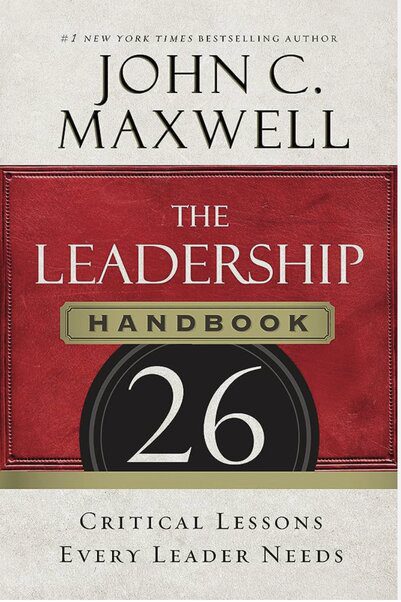
In his book, The Leadership Handbook: 26 Critical Lessons Every Leader Needs 3, author and leadership expert John C. Maxwell commented:
Do you know people who have lots of knowledge but little understanding? They may have means, but don’t know the meaning of anything important? Even if they have a lot of know-how, they seem to possess little know-why? What is the problem with these individuals? Their life experience is void of reflection and evaluation. When twenty-five years go by, they don’t gain twenty-five years of experience. They gain one year of experience twenty-five times!”
“Experience teaches nothing, but evaluated experience teaches everything.”
Ted W. Engstrom, former president of World Vision, used to tell a story about the governing board of a bank who chose a bright, charming, young man to succeed their retiring bank president. The young man came to the old man to ask for help.”
“The conversation began, “Sir, what is the main thing I must possess to successfully follow you as president of this bank?”
The crusty old man replied, “The ability to make decisions, decisions, decisions.”
“How can I learn to do that?” the young man asked.
“Experience, experience, experience,” replied the retiring president.
“But how do I get experience?”
The old man looked at him and said, “Bad decisions, bad decisions, bad decisions.”
It is as the old saying goes: experience gives the test first and the lesson later. The acquisition of experience can be costly. But it’s not as costly as not gaining experience.
“It’s a terrible thing to pay the price for experience and not receive the lesson. But that is often what happens with people. Why? Because when an experience is negative, people often run away from it. They’re very quick to say, “I’ll never do that again!”
Jurist Oliver Wendell Holmes said, “The young man knows the rules, but the old man knows the exceptions.” That is true only when the old man has taken the time to evaluate his experiences and gain wisdom from them.”
“The young man knows the rules, but the old man knows the exceptions.” – Oliver Wendell Holmes
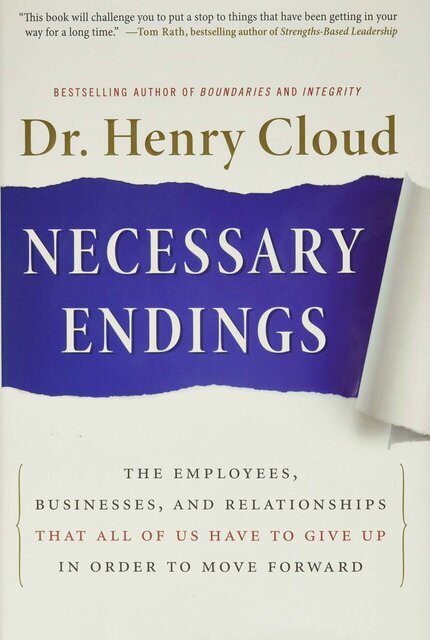
On love and work, experience 4 is the “food” of life. Just as “You are what you eat,” you are what you experience as a person. You “ingest” experience like food, taking it in, and it becomes part of you. To metabolize experience, whether in significant relationships or in business, you have to do what your body does with food: keep what is usable to you, and eliminate what is not.
You have to look at the experience and break it apart. What was good about it? The relationships? The learnings? The new skills you attained?
The modeling you saw? New knowledge? Your strengths? Take all of that and consciously make it a part of you, savor it, remember it, cement it, build on it, focus on it so it is not lost. It will become new “cells and bones,” parts of you that we refer to as wisdom, experience, or character. You will take it with you and be stronger and wiser for it if you heed the learning that was in that experience.
“And on the negative side, there are some items that you will want to eliminate. You saw some things, did some things, had some things done to you, and perhaps you have some shrapnel from the battle that you need to dig out. Some splinters in your feet. Maybe you also shot some people yourself, and some amends are in order. Maybe you made other mistakes or saw some weaknesses you didn’t know you had. Whatever happened that was negative, take the wisdom out of it, learn from it, and then eliminate what is not useful to you. The pain, the bitterness, the feelings of failure, the loss and grief, and the resentment al need to be eliminated and left behind. But left behind consciously, as opposed to just denied and forgotten .”
“How? Different people eliminate crummy feelings in different ways, but in general you need to talk them out, cry if you have to, feel your feelings, express them, forgive, and let it al go. ”
“Leave it behind after you have given it adequate attention. If you do that, then you will be ready for whatever is next, having learned and benefited from what you have gone through, positive or negative, and you will show up in your next deal or relationship fully ready, even readier than you would have been had you not gone through it. No matter what happened, you are the better for it.”
Just as “You are what you eat,” you are what you experience as a person.
Meditation
- Daily Calm with Tamara Levitt – Keeping Afloat
- Shielding ourselves from anger – Tools for dealing with Anger
- Visualize a sense of protective space around you.
- Note the emotions of others – noting helps us create distance between us and our experience.
- Ships don’t sink because of the water around them; they sink because of the water that gets in them.
Daily Jay with Jay Shetty – Reframe the Problem: Move beyond self0imposed constraints
- Be wary of your judgment, preconceptions, and expectations, especially when solving problems because assumptions get in the way of possibilities.
- Don’t make assumptions; challenge them before trying to solve a problem; ask yourself: “How exactly am I thinking about this? “, “Is everything I am imagining true?”, “What Idea did I discount because it was impossible?”, “Is it impossible?”.
Podcast
- Kai Lenny’s LIMITLESS MINDSET: The World’s Most Versatile Surfer On Turning FEAR Into Fuel – Rich Roll Podcast
All the Best in your quest to get Better. Don’t Settle: Live with Passion.
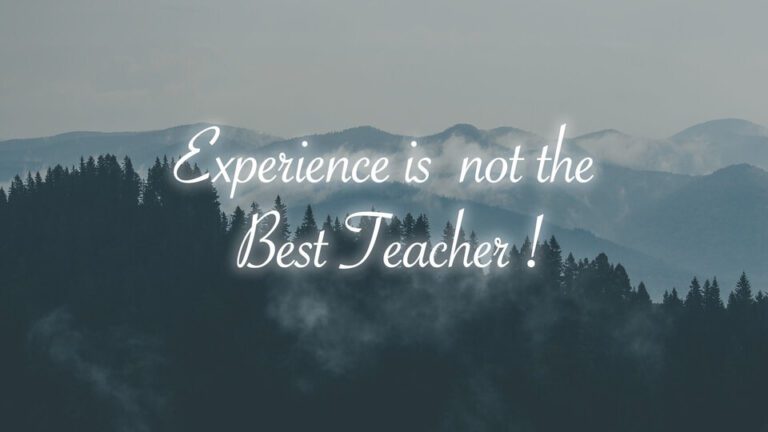
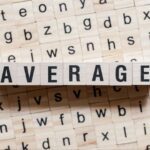
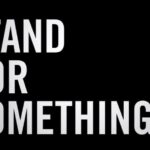
Comments are closed.